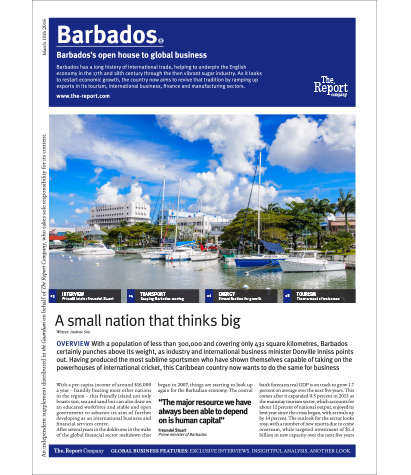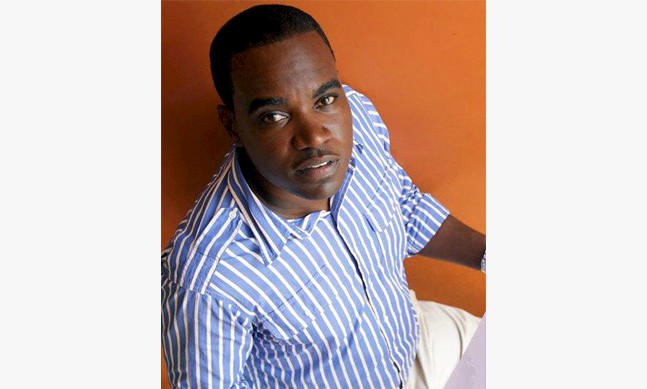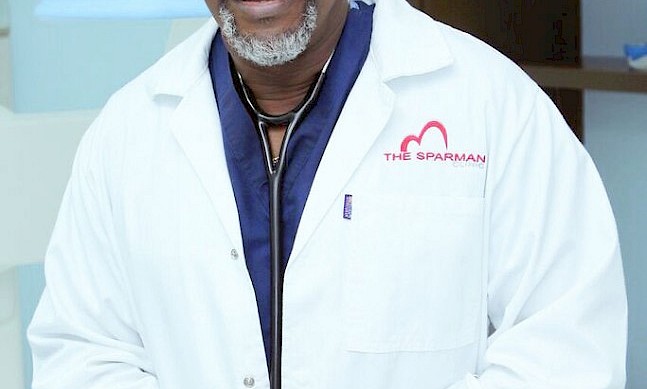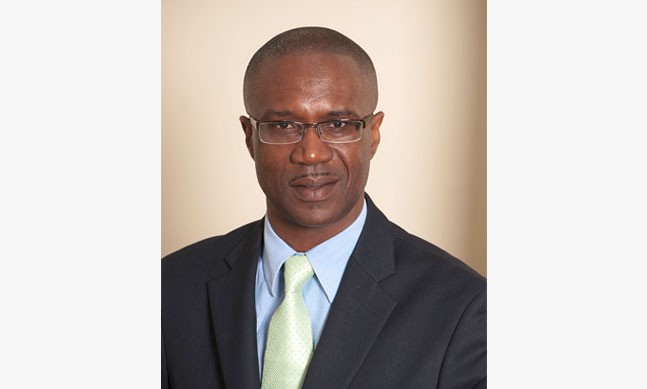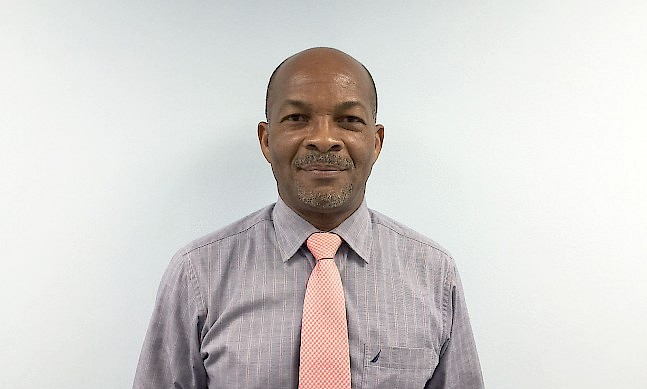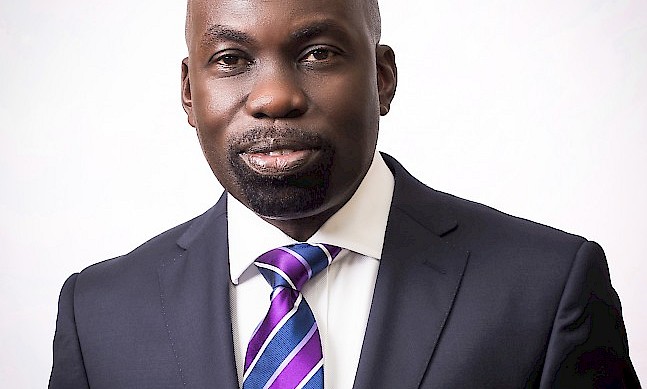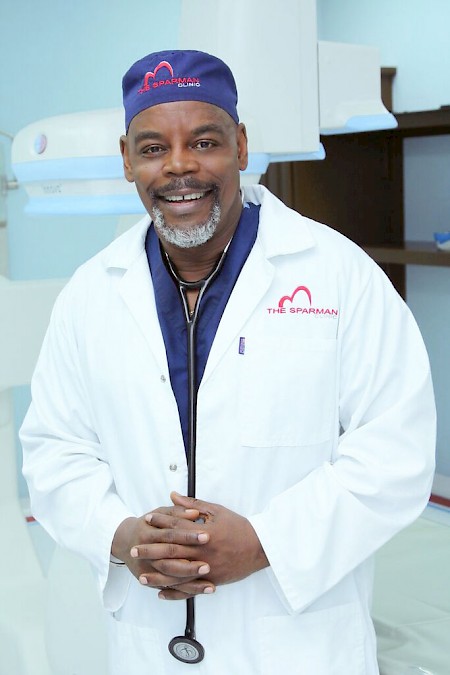 Photo: Sparman Clinic
Photo: Sparman Clinic
Dr Sparman is an interventional cardiologist, specialising in angioplasty and the implantation of cardiac devices. He spoke to The Report Company about the growth of Barbados as a medical tourism destination.
The Report Company: Why did you choose Barbados to start your practice?
Alfred Sparman: I started in 1971 after I came on vacation to Barbados with a group of people from a church type of rally, from Brooklyn. I loved the place. I have my roots in Guyana and most of my family went to the States at a very early age, and when you move to a developed country, sometimes it is very difficult to go back to the country you are from, because you are worried about security and safety. This was one of the things that prevented me from setting up in Guyana, but Barbados is different. Barbados offers safety. There is democracy here, and I would classify this small little country as a first world country. It never changed really since the colonial times. It has always been English.
What I saw here was an opening where people were doing open-heart surgery, and although angioplasty and stenting started off in the 1970s, by 2000 it was still not available here. So I came here and I became that big fish who did these procedures. Until this day, I am still the fellow who does the stenting and the angioplasty and I have published papers. Anybody who has a heart attack, they come to me, and I give them their life back.
Barbados offered me the safety and life that I wanted. If you get a little bored every now and then, you can fly out and go to a big city and come back.
“We have the three major things: the plastic surgery, the orthopaedics, and the cardiology. Those are the main fields in health tourism.Tweet This
We are a one-stop shop”
TRC: How can Barbados compete as a health tourism destination?
AS: There are a few things that determine the success of a destination. One is location. The second is the doctors. People from developed countries respect doctors who have trained in developed countries. Thirdly, you have to think about equipment, and if you have the high-end equipment then you will be ahead of the game. The last thing is, if you have a hospital which is JCI accredited and the prices reasonable compared to these other countries, then the question is why wouldn’t a tourist choose Barbados as opposed to India or Guatemala? You have the beach. You have the whole package where they come, they get the surgery, they go to the beach as they recover, and the doctor comes over to check if they’re okay.
All we are missing is the exposure. Nobody knows about us yet, and that is why we want to partner not only with the government but with other entrepreneurs so we can get Barbados on the map. Rihanna has done a great job for us but she can’t do everything. I think that health tourism is the next big thing for Barbados. We have the three major things: the plastic surgery, the orthopaedics, and the cardiology. Those are the main fields in health tourism. We are a one-stop shop.
TRC: What are your plans for next year?
AS: Instead of having a 12 bed facility with orthopaedic surgery and plastic surgery, we will have something like a 50 bed hospital with MRI, CAT scan, everything on site, which will make our facilities even more attractive. There is no reason why it should not be successful, and we in fact plan to do some marketing in the US and meet with some of the insurance companies.
TRC: What opportunities do you see arising from the UK-Barbados relationship?
AS: Most of our clients are from the UK, and many of them are long-standing clients of mine.
TRC: What would you like people to know about Sparman Clinic?
AS: Hippocrates said that the best medicine of all is teaching people how not to use it. I believe in preventative medicine, staying close to the plant, eating well, and exercising.
I often say that in order to remember the seven steps of longevity, you just need to remember my name, Sparman. S – socialise, call somebody and tell them you love them; P – prayers, you have to understand that there is a deity and a supreme being; A – activity, take a brisk walk three times a walk; R – rehydrate, four to six glasses of water every day; M – meals, more plants less meat; A – antioxidants, I’m big on that, the free radical theory of aging; N – night’s sleep. Seven hours, no more, no less. If you have a problem remembering that, just remember my name and you’ll live very long.
